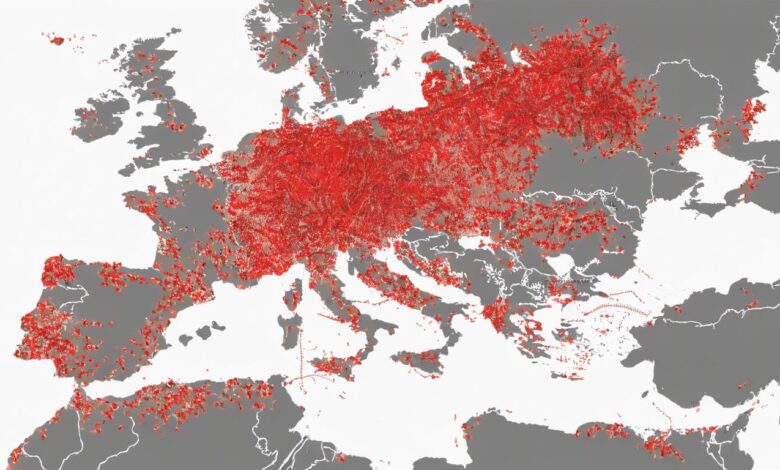Climate change boosting mosquito-borne diseases in Europe and beyond

Rising temperatures are expanding the habitats of disease-carrying mosquitoes, increasing the risk of malaria and dengue fever in Europe and potentially affecting billions globally by century’s end.
Mosquito-borne diseases, such as malaria and dengue fever, are increasing in Europe and other parts of the world, influenced largely by climate change. Prof. Rachel Lowe from the Barcelona Supercomputing Center has indicated that global warming is enlarging the habitats suitable for Aedes albopictus, a key vector for these diseases. This mosquito species is now established in 13 European countries and has been linked to the rising number of disease cases.
The impact of climate change is not confined to Europe alone but is expected to extend to northern Europe, Asia, North America, and Australia, making disease control more complex. Experts predict that by the century’s end, up to 4.7 billion people could be at risk due to continuous high carbon emissions and population growth.
Data from the World Health Organisation shows a significant increase in reported dengue cases globally, from 500,000 in 2000 to over five million in 2019. In the UK specifically, there has been a record number of imported malaria cases, surpassing 2,000 instances for the first time in over twenty years.
The challenge is compounded by the growing issue of antimicrobial resistance, which climate change is also exacerbating. Prof. Sabiha Essack from the University of KwaZulu-Natal describes this as a “threat multiplier.”
The increasing incidence of malaria is particularly severe in Africa, where it continues to result in significant morbidity and mortality. Children and pregnant women are the most affected, with poor living conditions and limited funding hindering efforts to combat the disease. The recent increase in malaria cases globally and the setbacks in combating the disease due to the COVID-19 pandemic underscore the complex challenges facing global public health.








